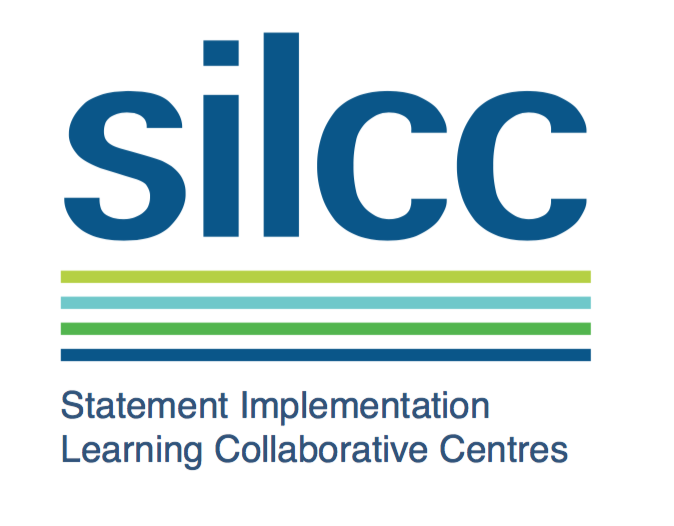"Hospital pharmacists should be involved in the complex process of procurement of medicines. They should ensure transparent procurement processes are in place in line with best practice and national legislation, and based on the principles of safety, quality and efficacy of medicines."
What does it mean for patients? Patients can be assured that the processes of selection and purchase of all medicines used in hospitals for inpatients and outpatients are undertaken / supervised by pharmacists, to ensure the appropriate safety and quality. The medication for patient ́s treatments is selected with all the ethical, professional, legal and transparent procedures guaranteeing the quality of patient ́s medication and the equity of access. A good procurement process will have an impact on patient outcomes by having high quality medicines available in the right place and at the right time.
What does it mean for healthcare professionals? Doctors and nurses need to be aware that procurement is a complex process and when managed by pharmacists and competent staff ensures that appropriate quality control and safety measures are in place to provide the medicines required to patients. To avoid medication errors pharmacists, minimize look- and sound alike (LASA) medicines on the formulary. The procurement process will address all legal and professional standards and provide the right medicines to be prescribed in the appropriate formulation for administration.
What does it mean for Hospital Pharmacists? Standard operating procedures must be in place to guide the procurement process. These operating procedures must be in compliance with legal requirements, professional and ethical. They should be audited and regularly reviewed to ensure the process is transparent.
The procurement process must be:
- Ethical, transparent and professional;
- Under pharmacy control and technically competent staff;
- Guided by the principle of procuring for safety and efficacy
- Guided by principles of equity of
access and ensuring accountability to relevant
governing and legal entities;
- Supported by strong quality assurance principles;
- Regularly reviewed and updated on its operational principles to fit different settings and emerging needs;
- Guided by best utilisation of finance resources
 The Uppsalla University Hospital is SILCC Host providing training on this Statement. Please learn more about the SILCC programme here.
The Uppsalla University Hospital is SILCC Host providing training on this Statement. Please learn more about the SILCC programme here.
 The Fatebenefratelli e Oftalmico Hospital is SILCC Host providing training on this Statement. Please learn more about the SILCC programme here.
The Fatebenefratelli e Oftalmico Hospital is SILCC Host providing training on this Statement. Please learn more about the SILCC programme here.









